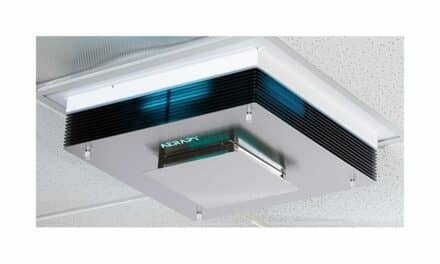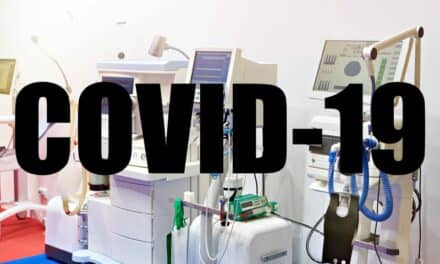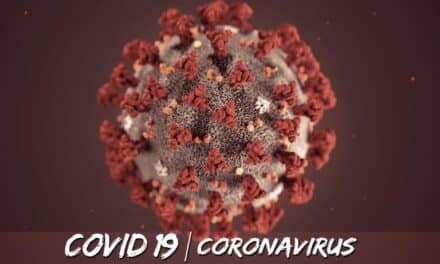As part of the agency’s ongoing efforts to minimize impacts of medical product shortages, in March the U.S. FDA alerted the public of the potential for medical device shortages to arise from the closure of a large ethylene oxide sterilization facility in Willowbrook, Ill., and the future planned closure of a similar facility in Michigan.
Since the closure was announced, the FDA has been taking steps to prevent patient harm from potential device shortages that could delay or disrupt critical care, including working to quickly and proactively secure alternative locations and methods for the sterilization of devices that were previously processed at the Willowbrook facility, announces Jeff Shuren, MD, director of the Center for Devices and Radiological Health. “We also committed to sharing updates on potential impacts to medical devices once sterilized at these facilities,” he adds.
Despite best efforts to minimize the impact of the closures wherever possible, the FDA has identified a medical device that is now in temporary shortage. The organization alerted healthcare professionals, parents, and caregivers that there is a temporary shortage of a type of a tracheostomy tube manufactured by Smiths Medical, the Bivona.
“I want to assure you that the FDA is working closely with the company to quickly resolve their sterilization challenges and bring these critical devices to the patients who need them as quickly as possible, which we anticipate will be made available again beginning the week of April 22,” notes Shuren.
Although the Bivona tubes are indicated for use in both adult and pediatric patients, the temporary shortage is more likely to impact pediatric patients because supply of alternative tubes with similar functionality is limited. The Bivona tube is made from a flexible silicone material, which makes them easier to insert in the stoma of pediatric patients, FDA officials say. While there are other FDA-cleared silicone tracheostomy tubes for pediatric patients, there may not be enough available to adequately cover the shortage.
The FDA explains that it recognizes the challenges this shortage imposes for pediatric patients who need access to new tubes now, and that they working to limit the impact to patients as much as possible by helping the company quickly move their sterilization to another facility.
During the temporary shortage, health care professionals who have patients urgently in need of a new Bivona tube should contact Smiths Medical directly to inquire about current inventory. Parents and caregivers who need new Bivona tubes (e.g., due to damage or leaking of current tubes) should work with their health care professionals to find an appropriate alternative until the Bivona tracheostomy tube is back on the market. Adult patients experiencing problems obtaining Bivona tubes should talk with their health care professional about using other FDA-cleared tracheostomy tubes, including those made from different materials.
The closure of the Willowbrook facility does not impact tubes already in use by patients at home or in health care settings, according to the FDA. The company is communicating with patients about the tubes and how patients and caregivers can mitigate any potential impact, including re-using and cleaning tubes in accordance with the manufacturer’s instructions for use, according to the FDA.
Moreover, FDA officials say they are not aware of any other shortages due to the facility closures. “We recognize the very real consequences that medical device shortages have on patients, and we’ll continue to work directly with manufacturers, contract sterilizers, government agencies, and other public health stakeholders to do all we can to avert new device shortages,” says Shuren.






“I want to assure you that the FDA is working closely with the company to quickly resolve their sterilization challenges and bring these critical devices to the patients who need them as quickly as possible, which we anticipate will be made available again beginning the week of April 22,” notes Shuren.
This is a lie. My son has broken all of his trachs for his size and we are told there are still no trachs to be given. My seven-year-old has to go without the proper trach and it has been months since they’ve gotten any out. This has been going on since April it is now June.